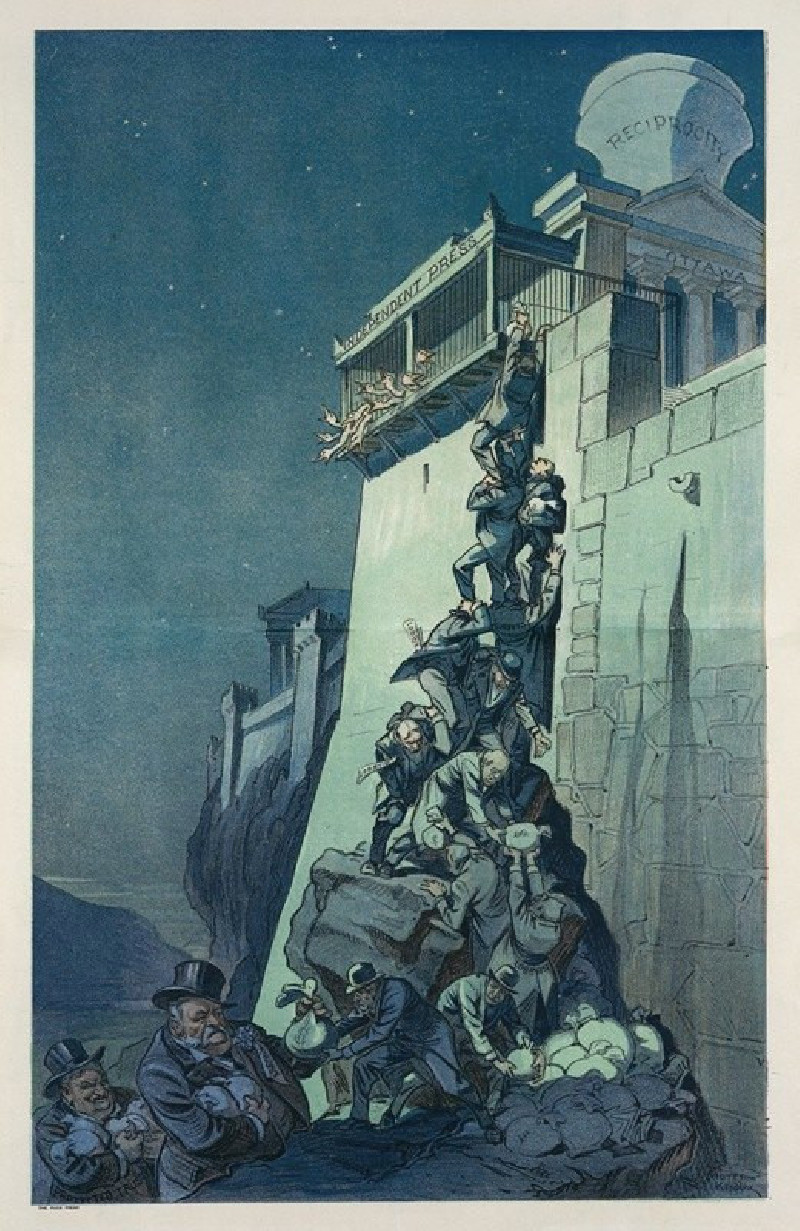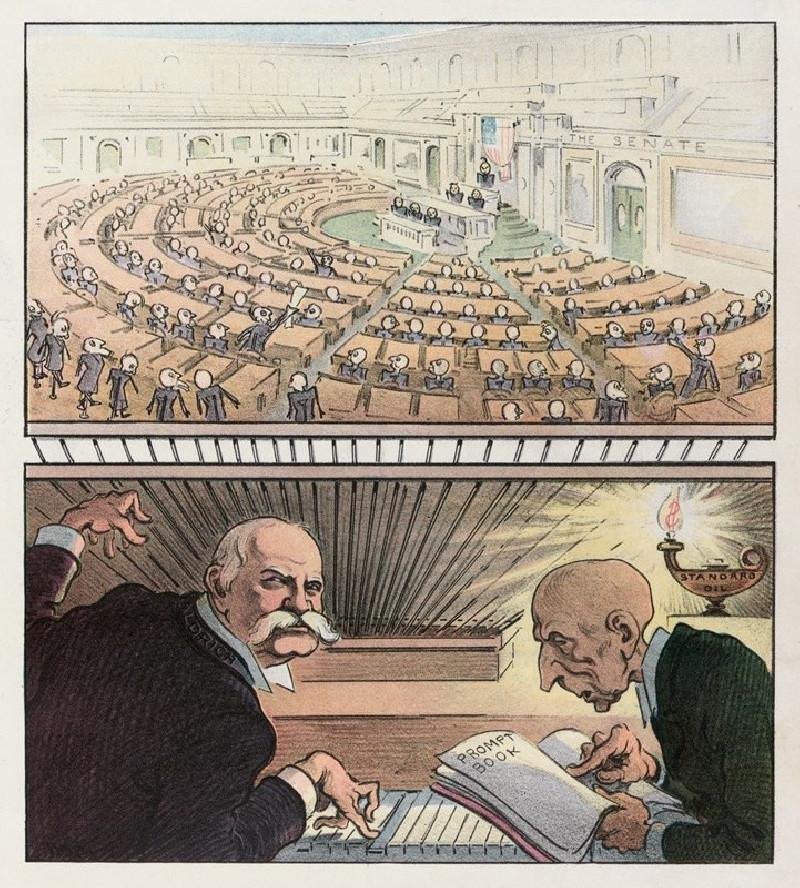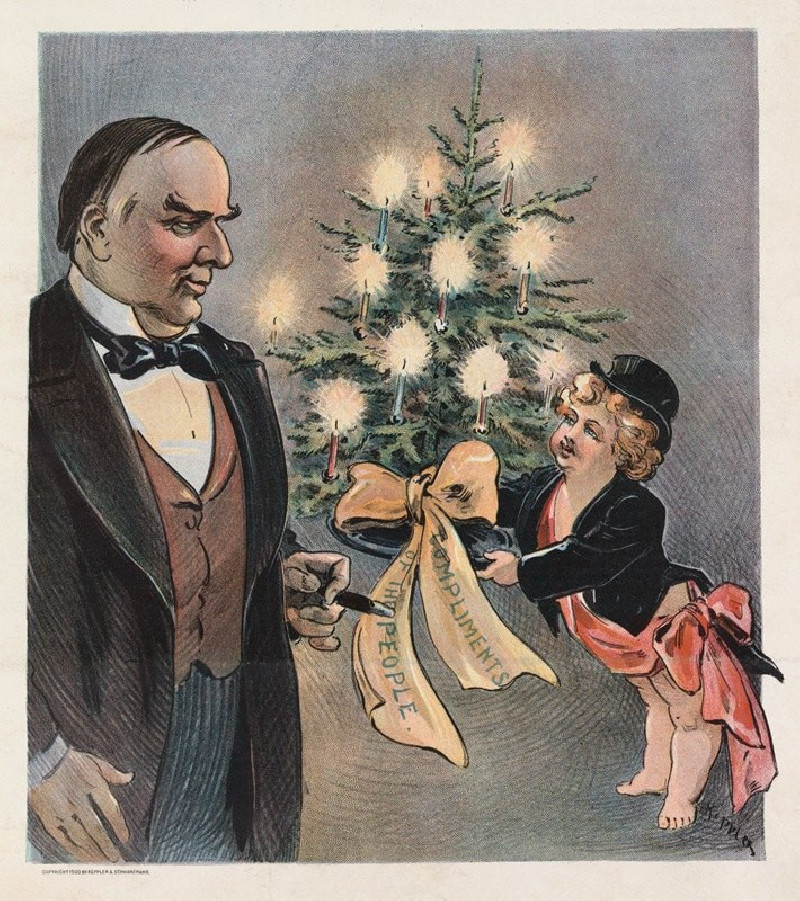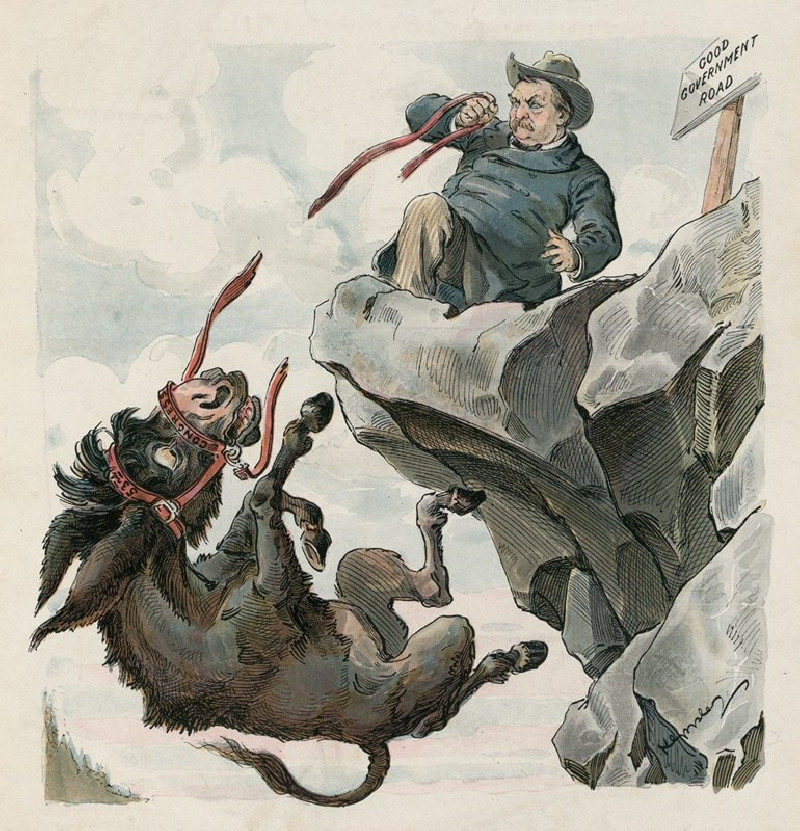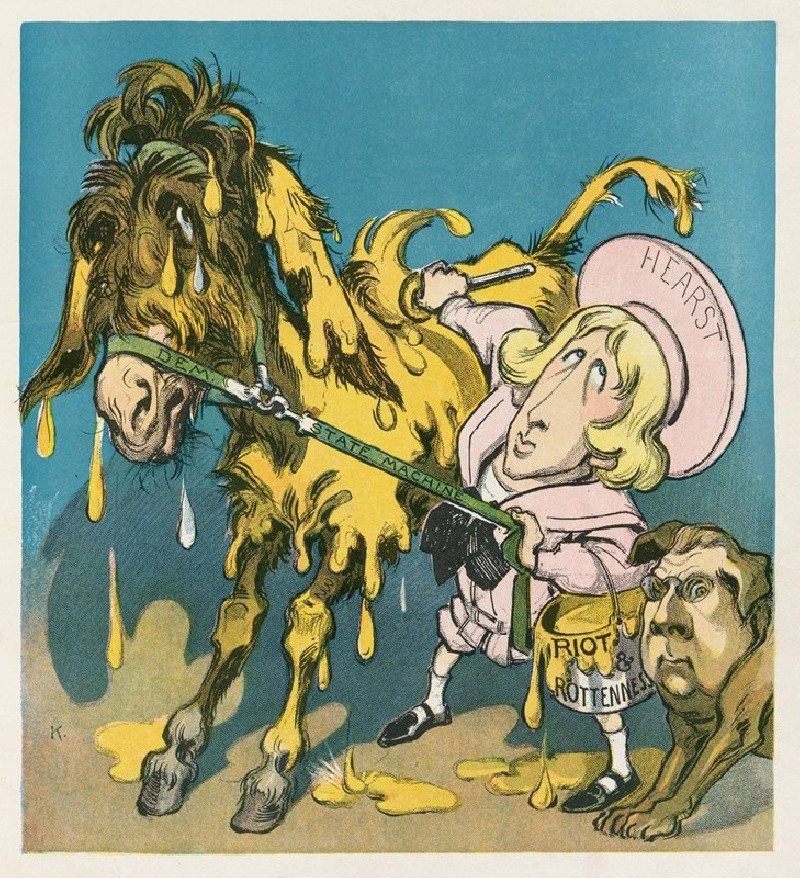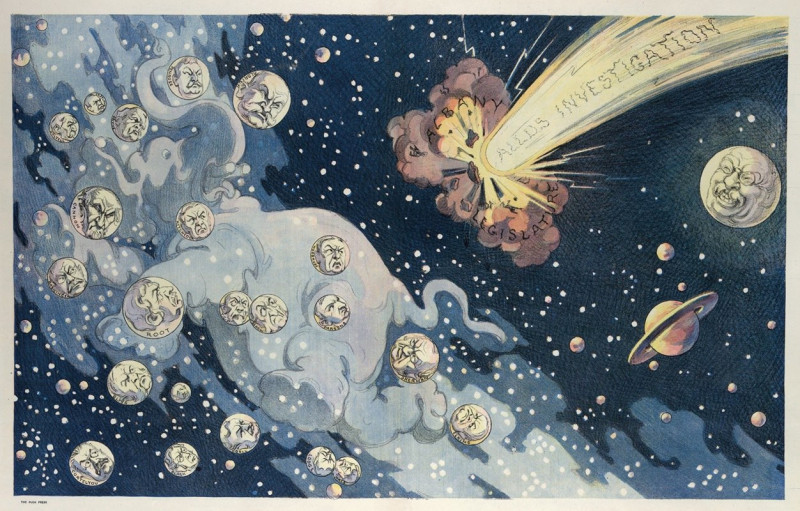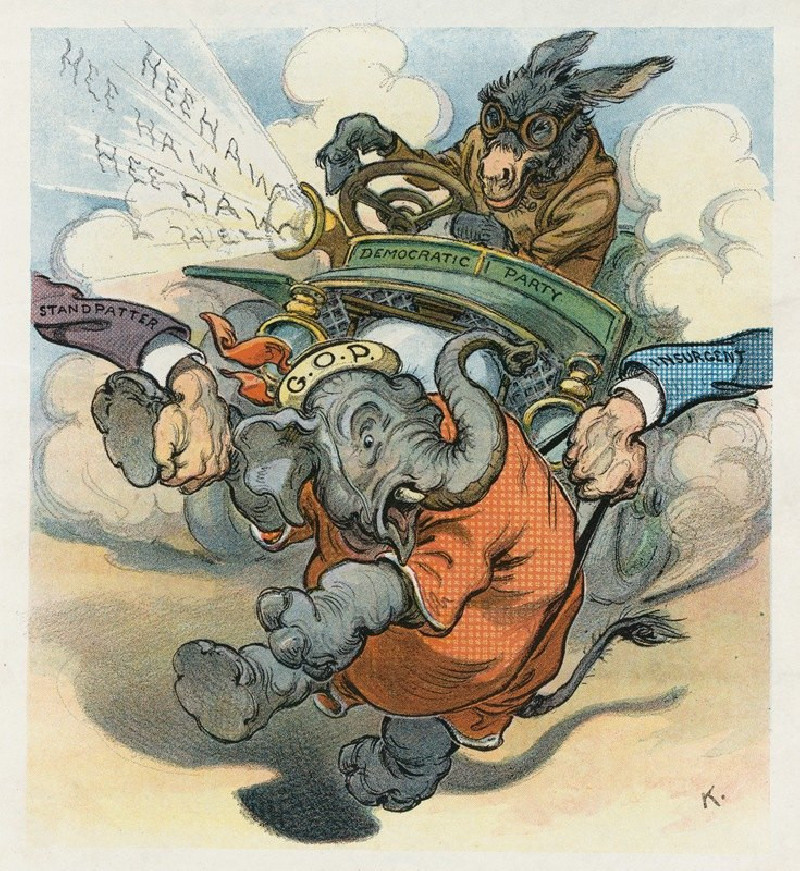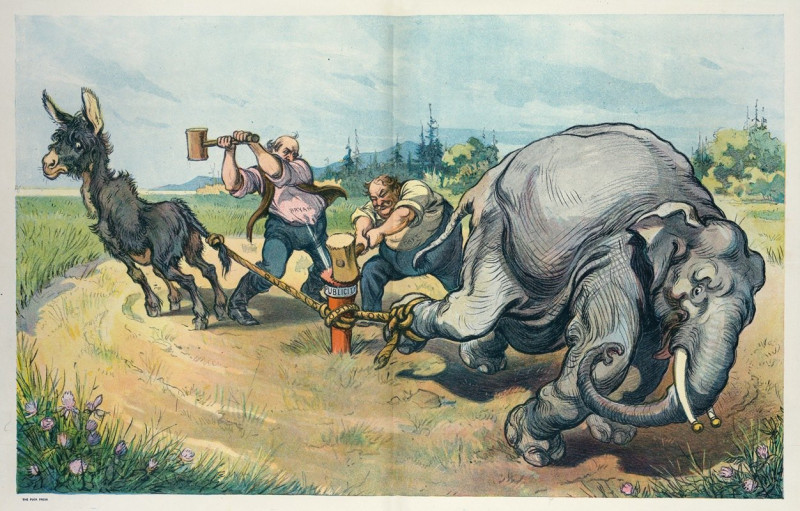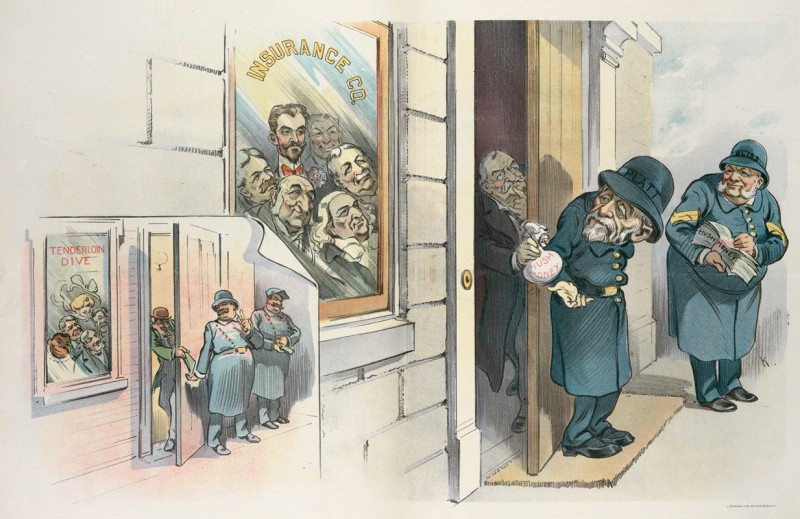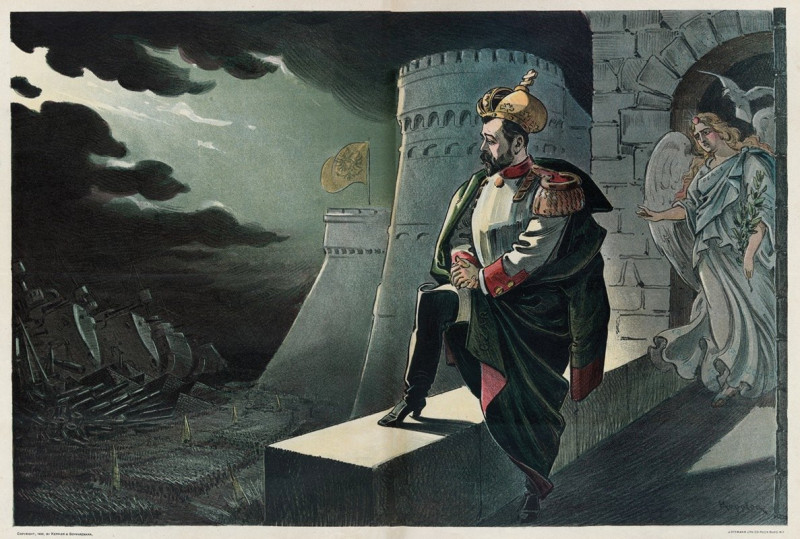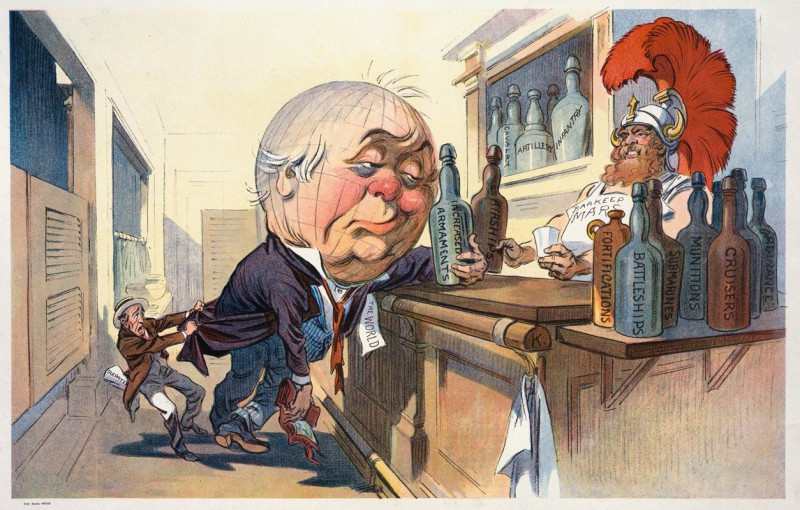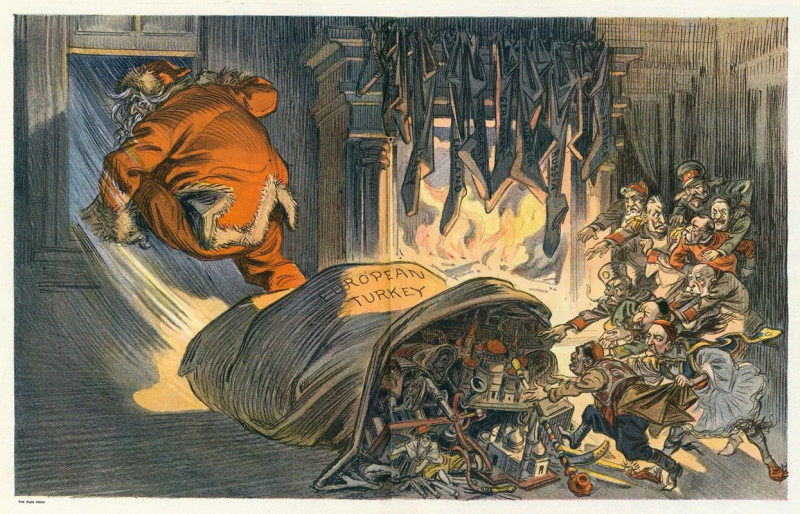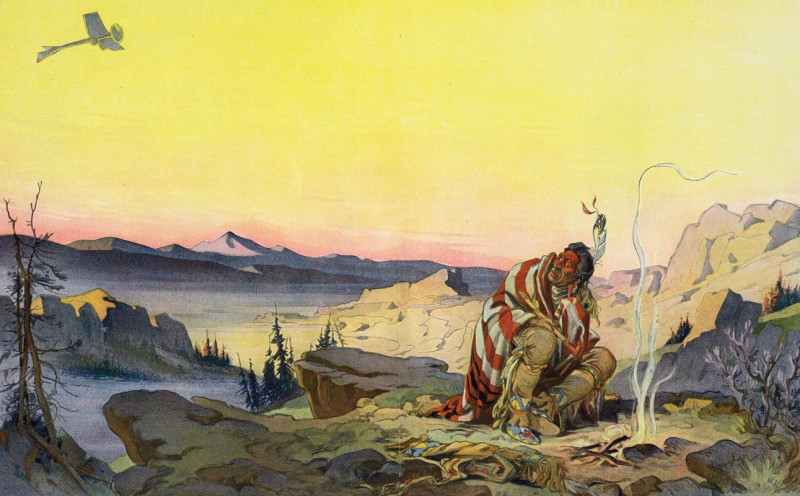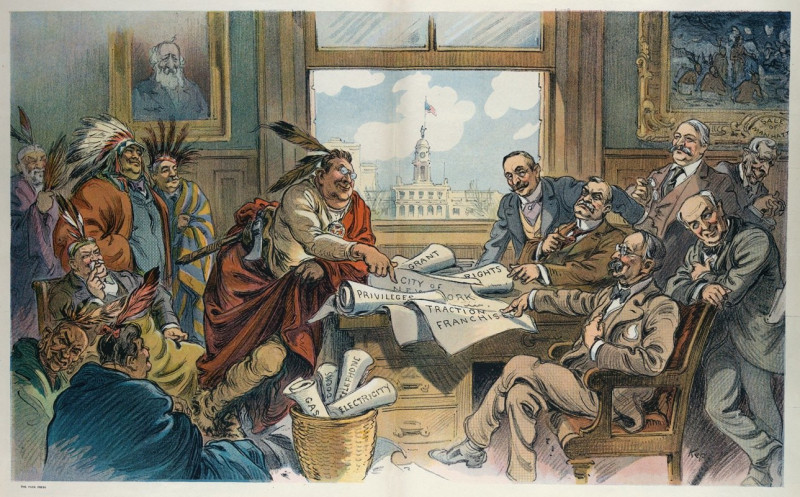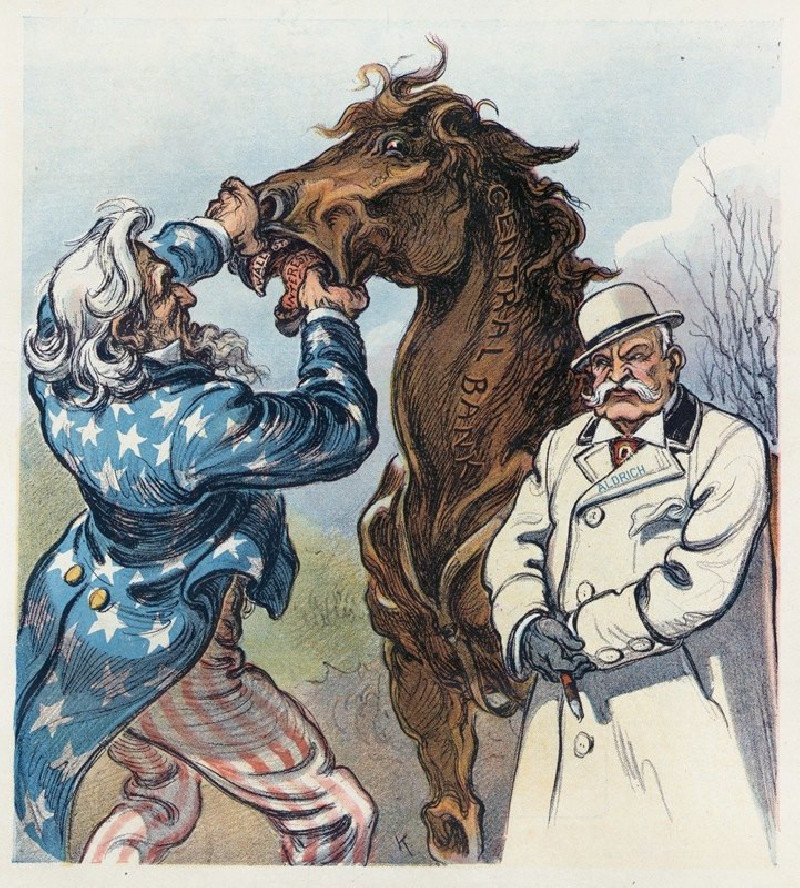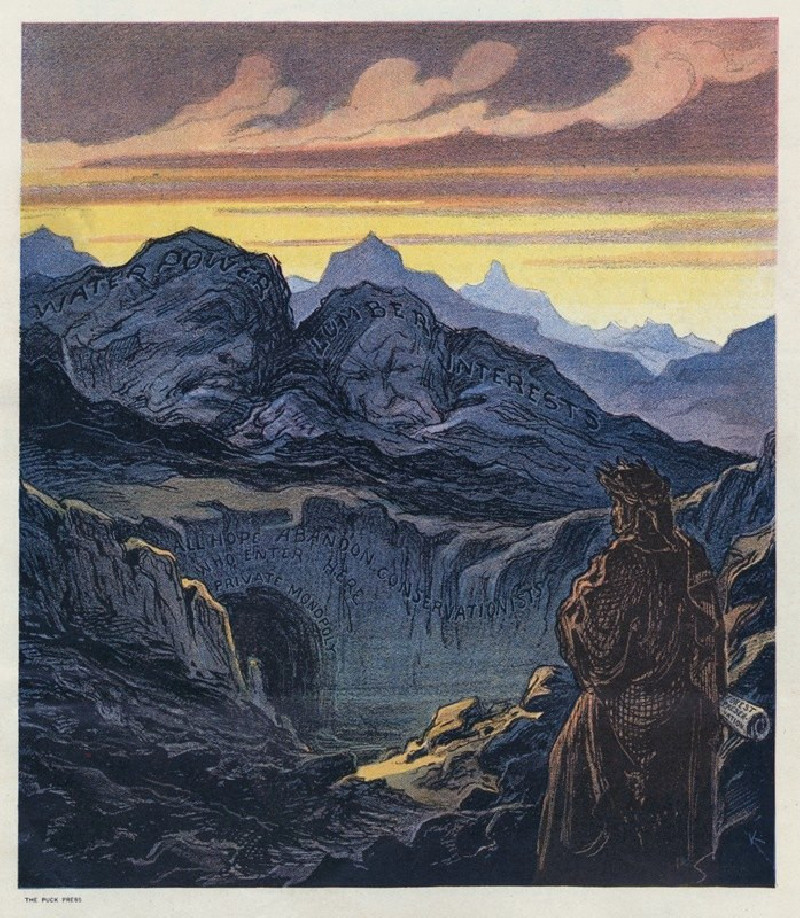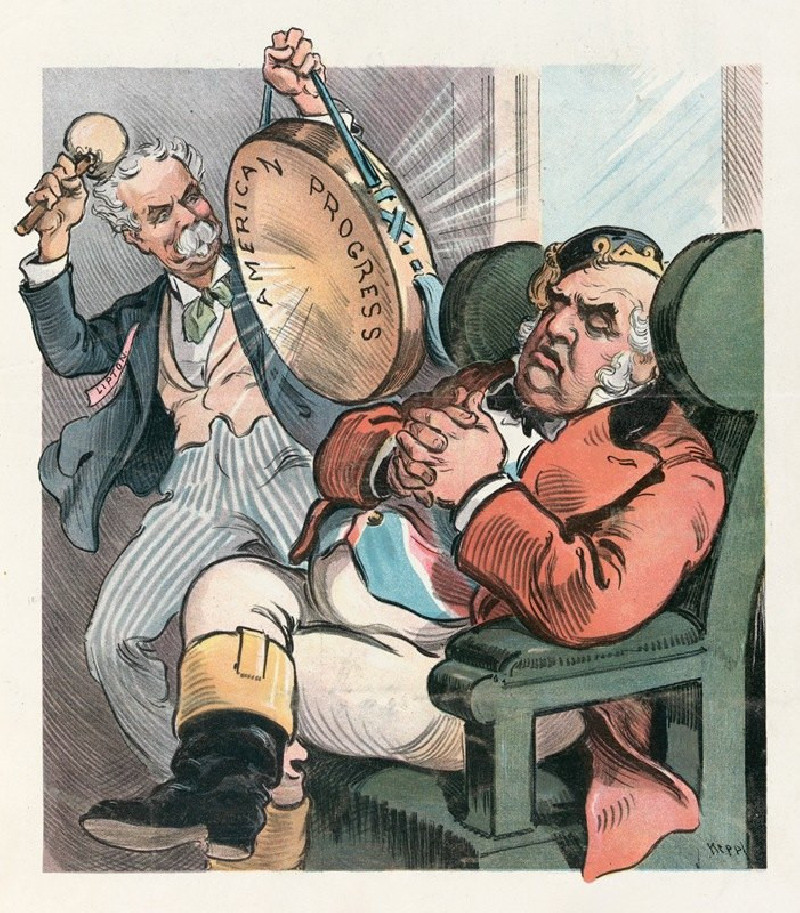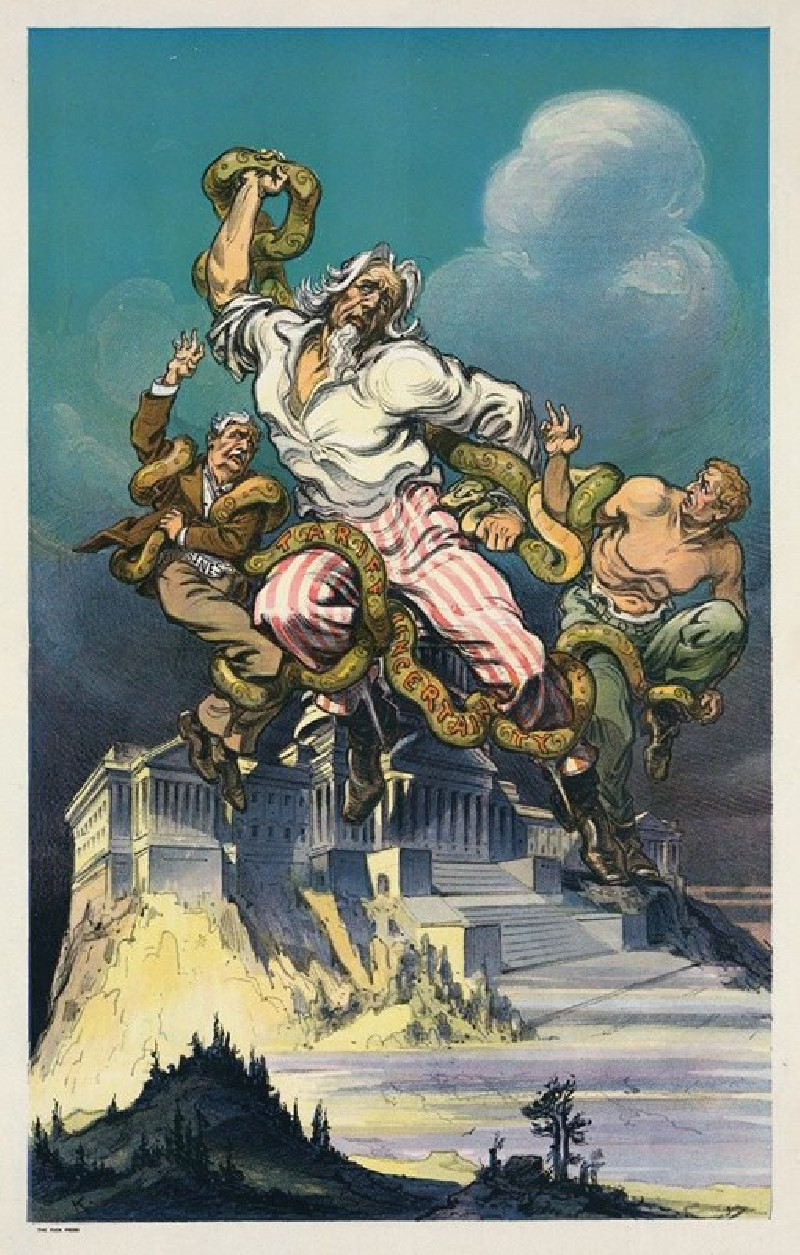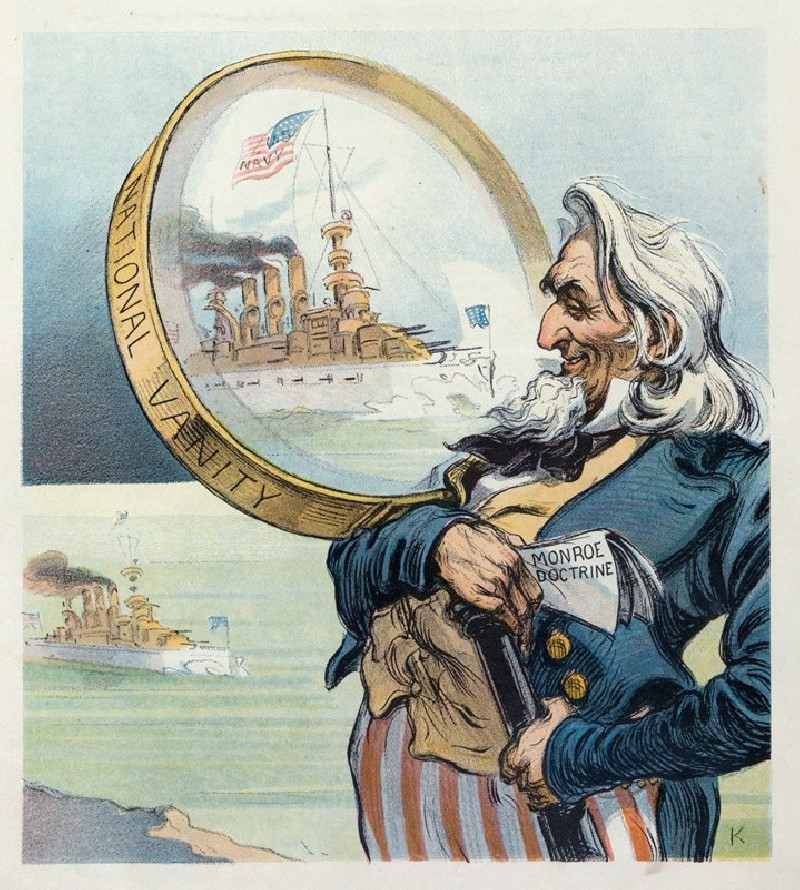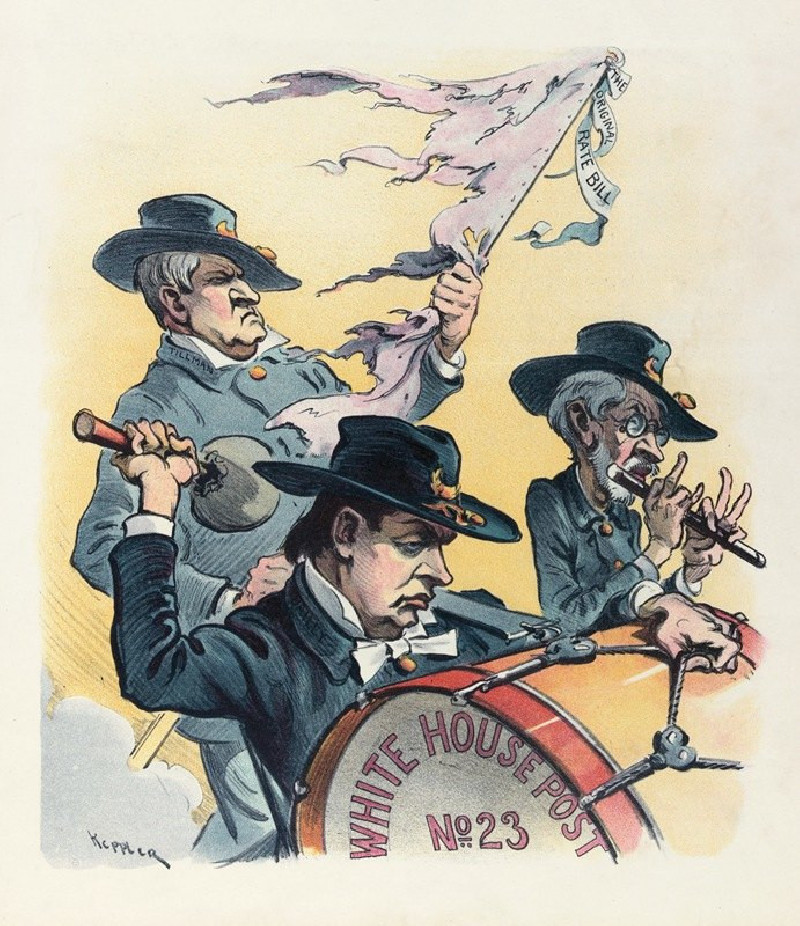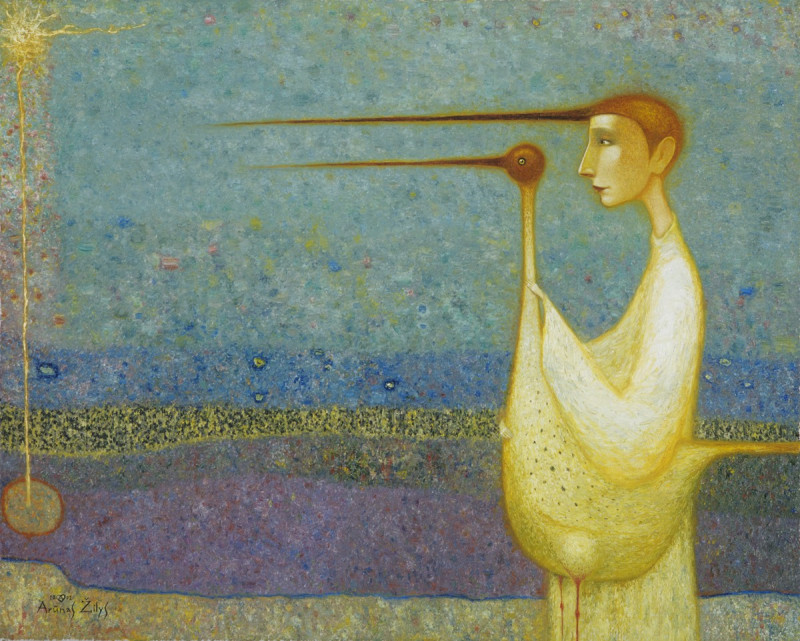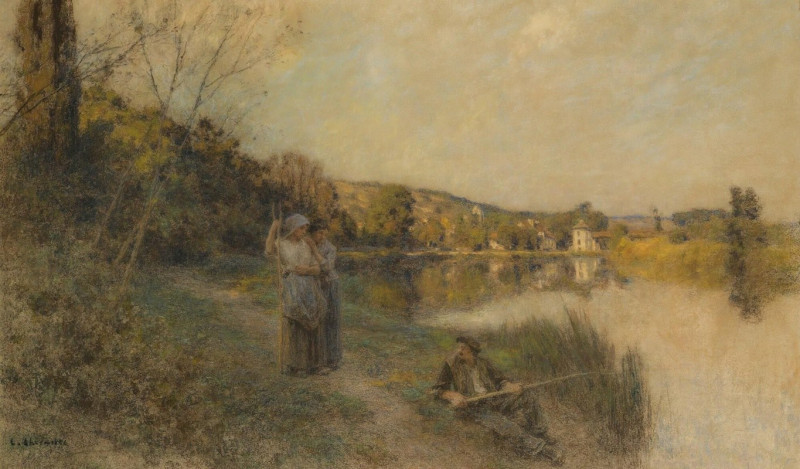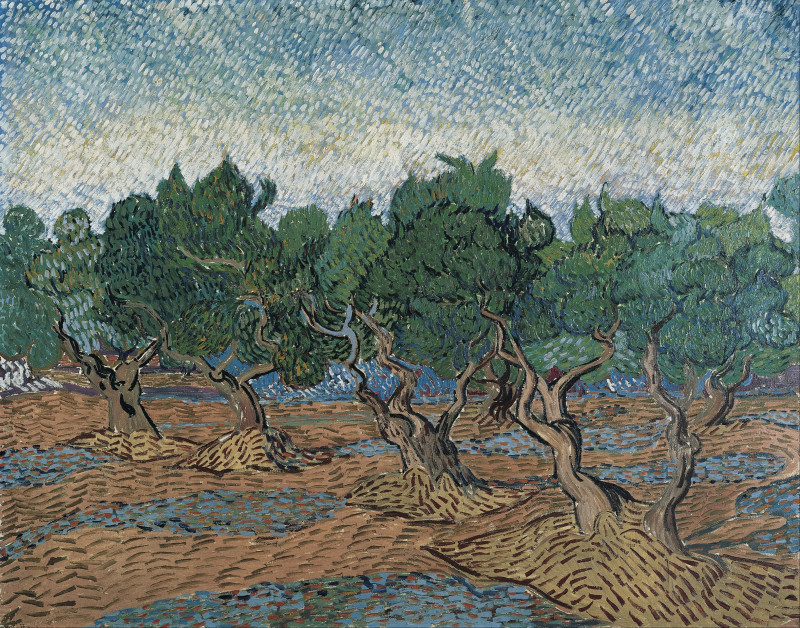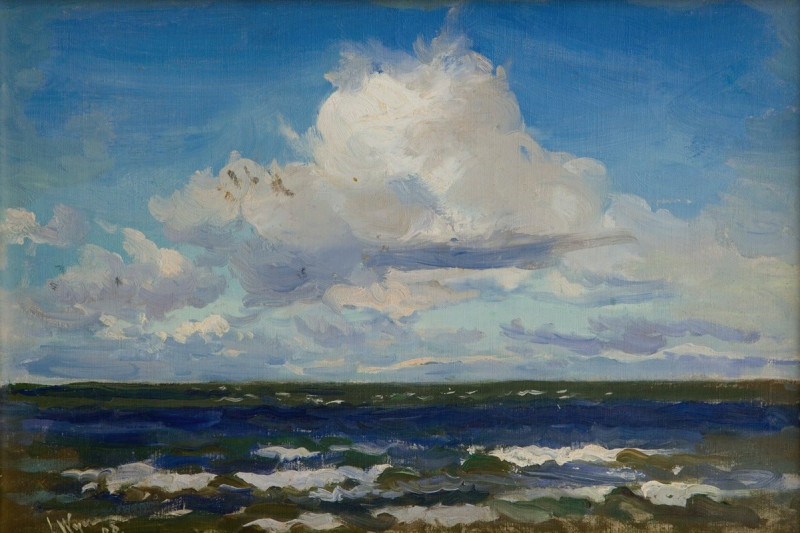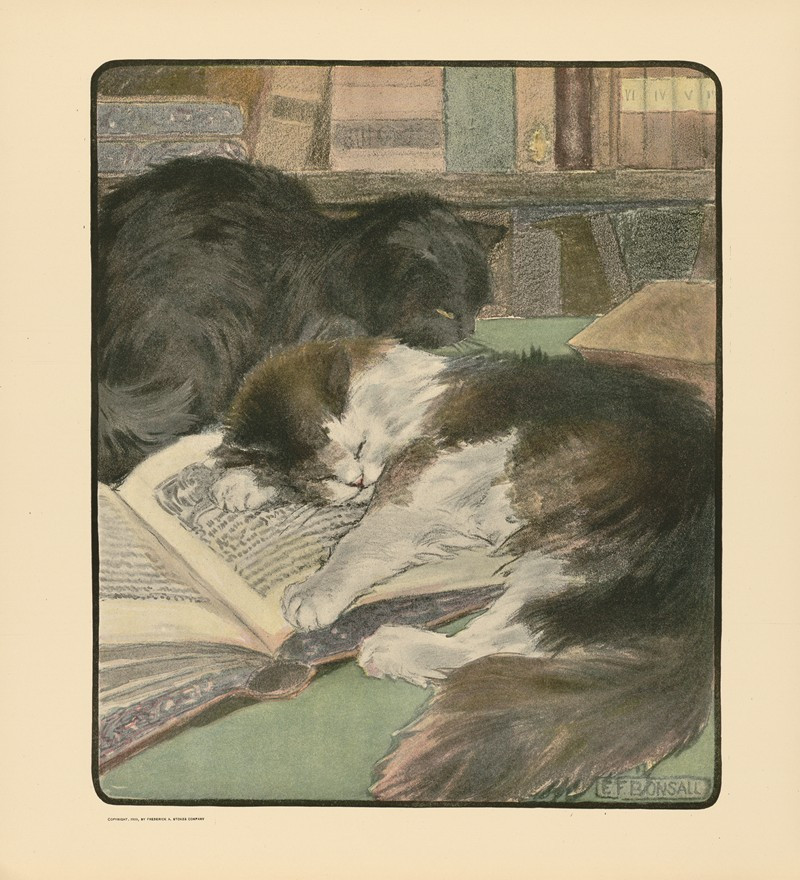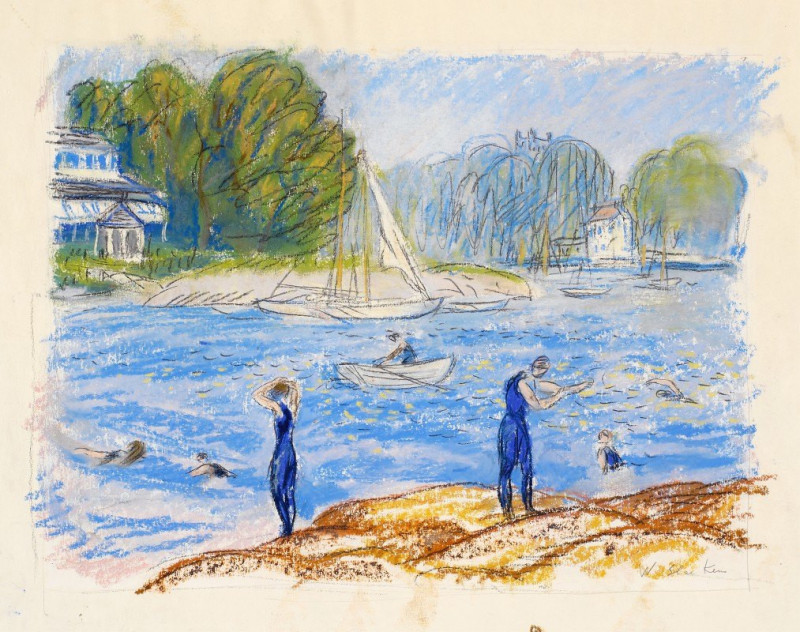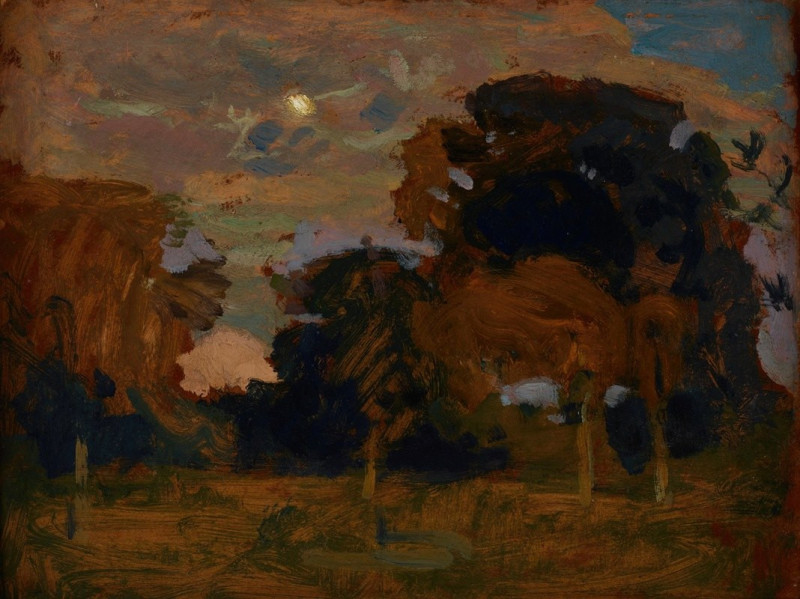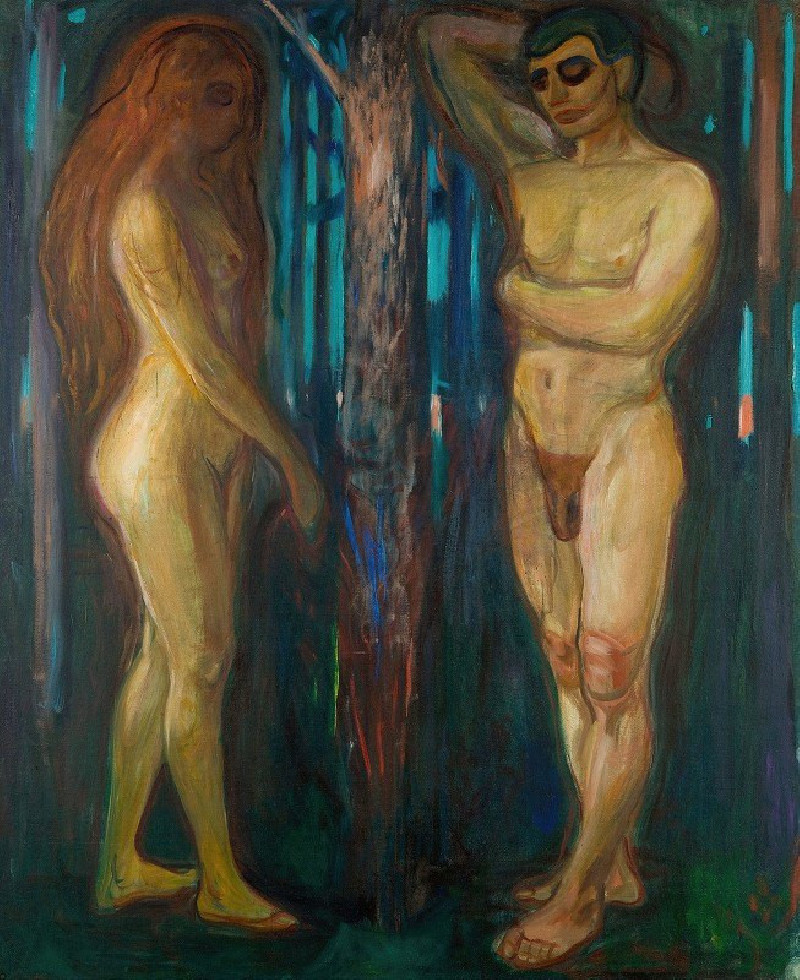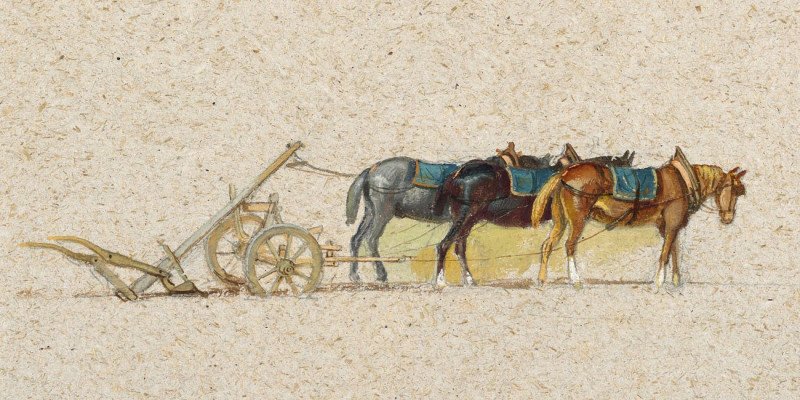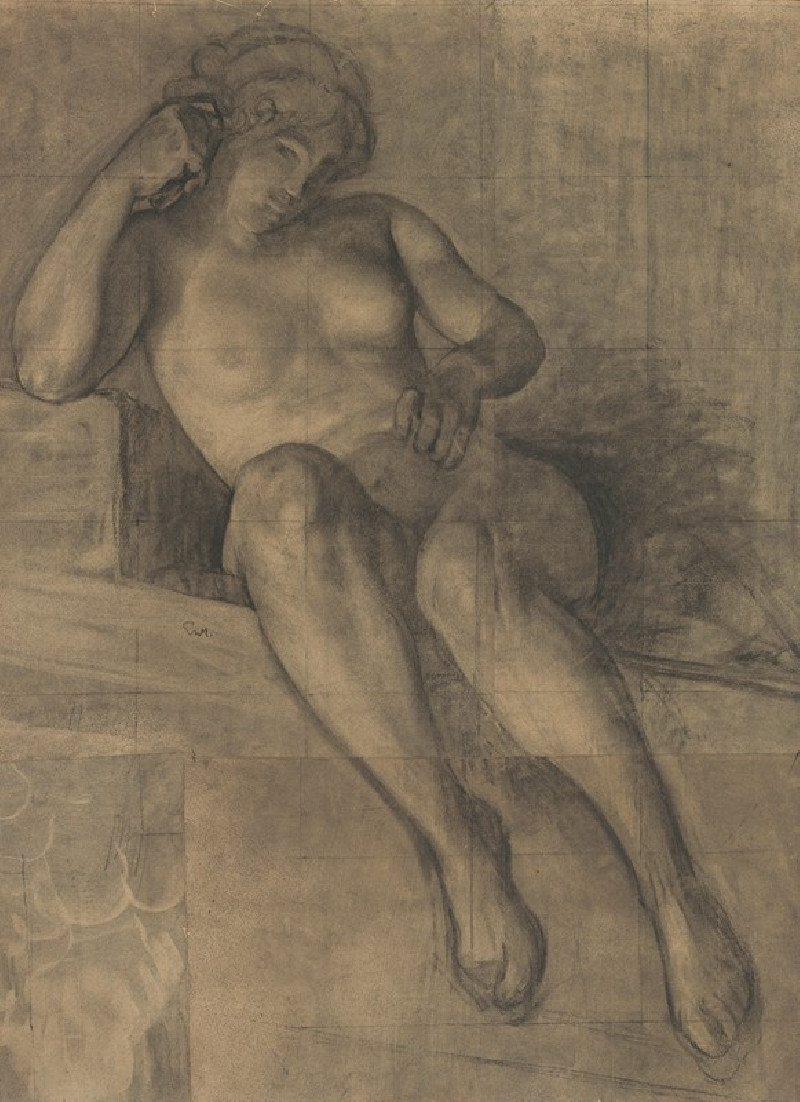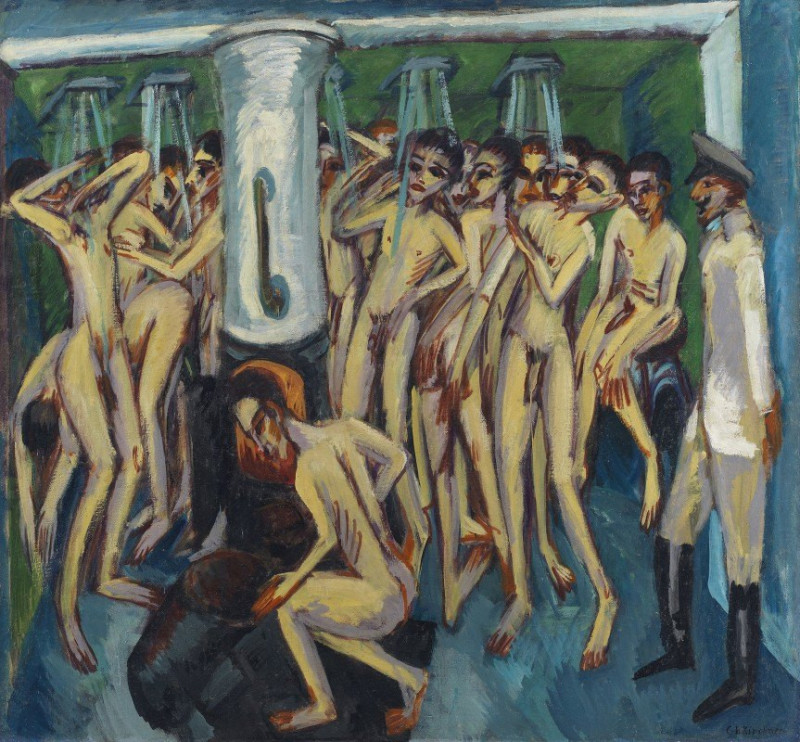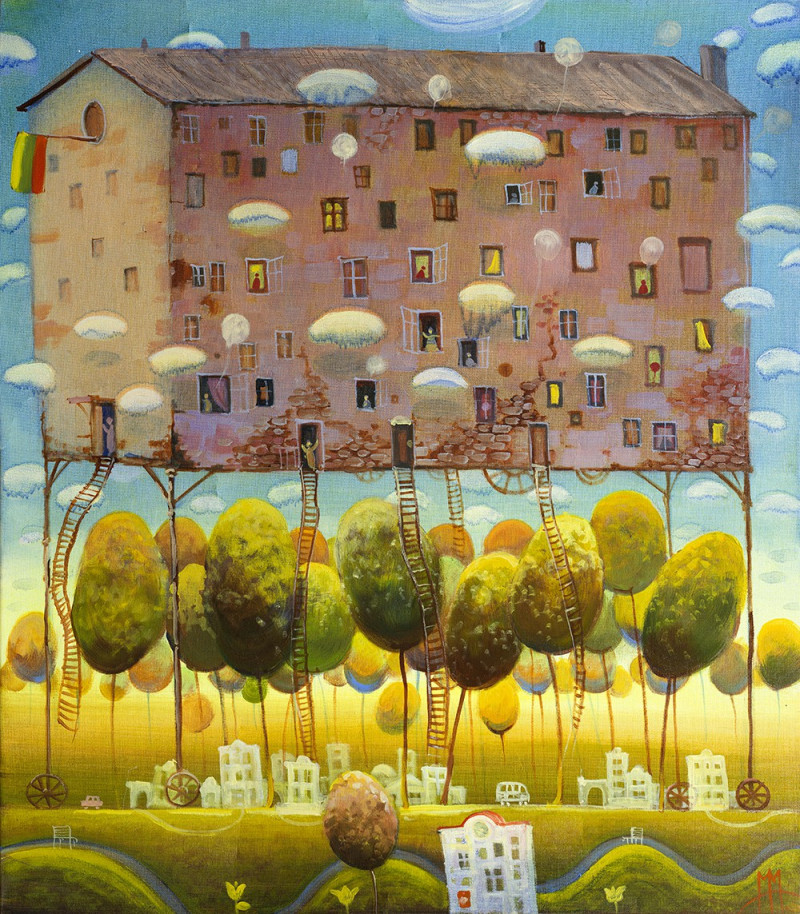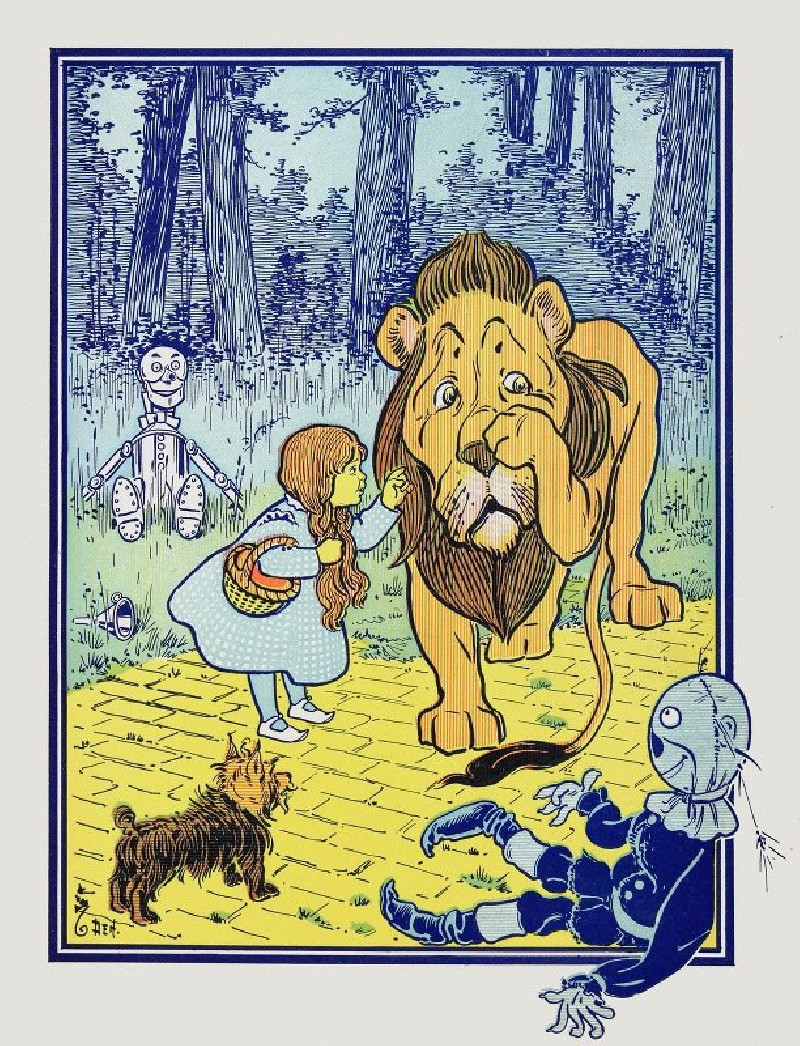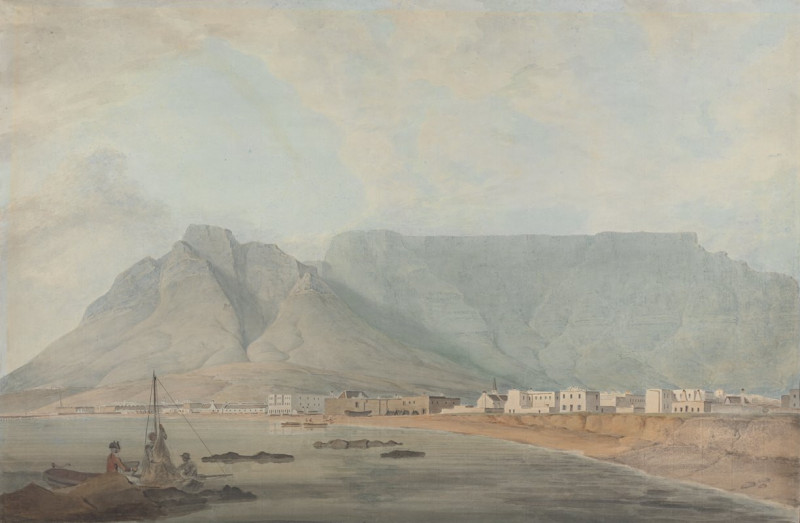He did not think so in ’92 (1896)
Technique: Giclée quality print
Recommended by our customers
More about this artwork
"He did not think so in ’92" is an intriguing and satirical political cartoon by American artist Udo Keppler, created in 1896. At first glance, the piece grabs the viewer's attention with its vivid colors and dynamic characters. The central figure, depicted with a confident smile and dressed in formal attire with a bow tie and large cowboy hat, represents populist leader William Jennings Bryan. He gleefully casts a ballot in a box labeled "Populist Platform '92," referring to his support for populist policies.On Bryan’s left, the viewer sees a portrait of J.B. Weaver, reinforcing his connection to earlier populist leaders and ideas. To the right stands Grover Cleveland, depicted under the banner "Regular Democratic Nomination '92," symbolizing traditional Democratic values, contrasting sharply with the populist approach. The two ballot boxes signify the division within political attitudes and policies of the period.Keppler’s work sharply critiques these political shifts by juxtaposing the enthusiasm for populist policies—highlighted through bold letters promoting the ‘free coinage of silver’ and other reforms—with a seemingly uninterested or disapproving depiction of Cleveland. The cartoon cleverly captures the political climate of the time, focusing on economic issues that were pivotal in Bryan’s campaign, and the broader ideological rifts in American politics.
Delivery
Returns
Udo J. Keppler, since 1894. known as Joseph Keppler, Jr., was an American political cartoonist, publisher, and Native American advocate. The son of cartoonist Joseph Keppler (1838–1894), who founded Puck magazine, the younger Keppler also contributed to cartoons, and after his father's death became co-owner of the magazine under the name Joseph Keppler. He was also a collector of Native American artifacts.


